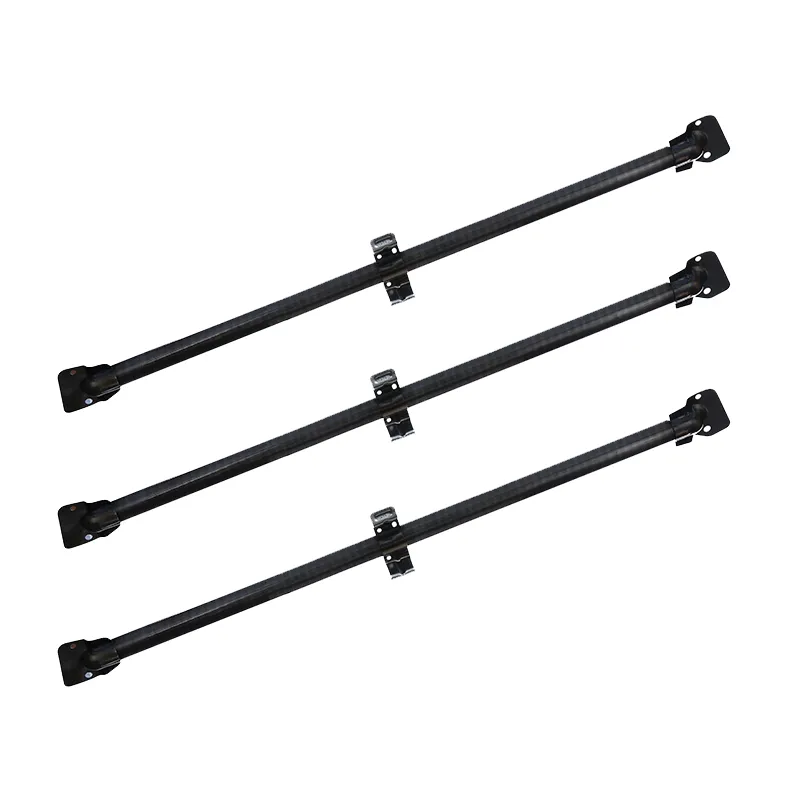
Understanding the Importance of Mechanical Spares in Industry
In today's fast-paced manufacturing and industrial sectors, the smooth running of machinery and equipment is paramount to ensuring efficiency and productivity. One often-overlooked aspect of this maintenance is the role of mechanical spares. Mechanical spares, which include parts and components necessary for the repair or replacement of machinery, play a vital role in minimizing downtime and ensuring the longevity of equipment. This article delves into the significance of mechanical spares, their types, procurement strategies, and best practices for inventory management.
The Significance of Mechanical Spares
Mechanical spares are essential for various reasons. First and foremost, they facilitate quick repairs. When a machine breaks down, having the right spare parts on hand can significantly reduce the time it takes to get the machine back in operation. This is particularly critical in industries where time is money, such as manufacturing, logistics, and construction. Delays in production due to non-functional equipment can result in substantial financial losses and compromise client relationships.
Furthermore, mechanical spares contribute to the overall efficiency of machinery. Regular replacement of worn-out parts ensures that equipment operates smoothly and efficiently. For instance, components such as bearings, filters, and belts may need to be replaced periodically to maintain optimal performance. Additionally, having access to spare parts allows for ongoing maintenance, which can extend the lifespan of machinery and optimize energy consumption, ultimately leading to cost savings for the business.
Types of Mechanical Spares
Mechanical spares can be categorized into various types, including but not limited to
1. OEM (Original Equipment Manufacturer) Parts These are parts manufactured by the original equipment manufacturer and are often considered the most reliable. They are designed specifically for the machinery and offer a guaranteed fit and performance.
2. Aftermarket Parts These parts are produced by third-party companies and can often be less expensive than OEM parts. While they may not always meet the same quality standards, many aftermarket options provide a balance between cost and reliability.
3. Generic Parts These are non-branded components that can fit multiple applications and are often the cheapest option. However, their quality can vary significantly, making it crucial to select reputable suppliers.
4. Custom Parts In some cases, machinery may require unique parts that are not readily available in the market. Custom parts can be manufactured, but the development process can be time-consuming and costly.

Procurement Strategies
Effective procurement of mechanical spares is crucial for maintaining operational efficiency. Some strategies to consider include
- Supplier Relationships Building strong relationships with suppliers can lead to better pricing, faster delivery times, and improved service quality. Establishing long-term partnerships can also provide access to exclusive products or services.
- Inventory Analysis Regular analysis of spare parts inventory helps to identify trends in usage and demand. By understanding which parts are most commonly needed, businesses can optimize their stock levels, reducing excess inventory while ensuring critical spare parts are always on hand.
- Just-in-Time (JIT) Approach Implementing a JIT inventory system allows businesses to reduce holding costs by ordering parts closer to the time they are needed. This strategy requires reliable suppliers and effective logistics but can provide significant cost savings.
Best Practices for Inventory Management
To effectively manage mechanical spare parts, consider the following best practices
- Categorization and Tagging Organize spare parts into categories and use tagging systems to track their location, usage, and availability. This improves the efficiency of inventory checks and reordering processes.
- Regular Audits Conduct periodic audits of spare parts inventory to ensure accuracy and identify any discrepancies. Regular audits help to maintain optimal inventory levels and avoid stockouts or overstock situations.
- Training and Documentation Train staff on the importance of mechanical spares and proper inventory management practices. Maintain comprehensive documentation of parts, usage rates, and supplier information to streamline procurement processes.
In conclusion, mechanical spares are integral to the functioning of modern industrial operations. By investing in proper inventory management, procurement strategies, and supplier relationships, businesses can minimize downtime, reduce costs, and enhance overall productivity. A proactive approach to managing mechanical spares not only leads to smoother operations but also supports long-term growth and success in an increasingly competitive marketplace.